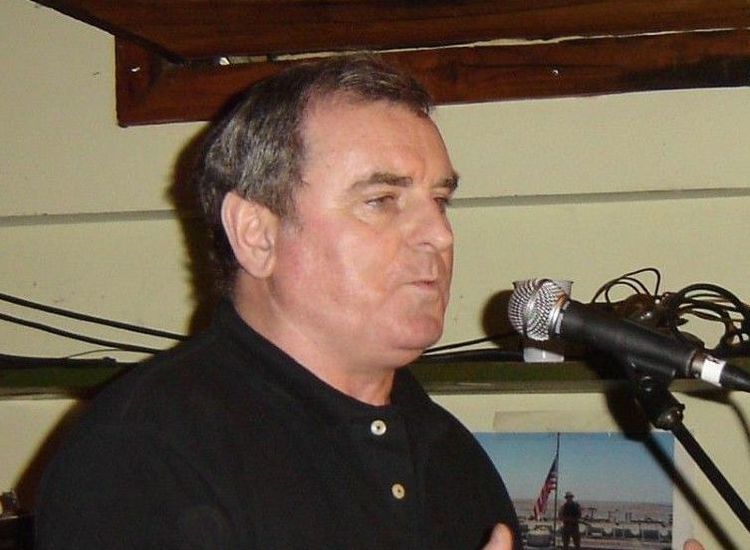Perhaps there was serendipity involved in meeting with Dr. Geeta Mehta last week. As I dodge several street closures to meet her, New York City is also preparing to meet Pope Francis. On the surface, two individuals with not a great deal in common; a Pope from Argentina and a Professor from India, but probe very gently underneath the surface, and a striking similarity in their focus is revealed: a focus on the poor and marginalized, on empowering the underpowered, on instilling a reason to hope in those who have none. Pope Francis will go down in history for many reasons, most notably his detachment from the privileges of the Catholic Church, and his universal message that transcends all divisions and puts love and humanity at its center. Dr. Geeta who is an Adjunct Professor of Architecture and Urban Design at Columbia University, author of many books, Founder and CEO of ‘Asia Initiatives’ will also be remembered for many reasons but her invention of ‘SoCCs’, a virtual currency for social good, is for which her name will always be synonymous. Dr. Pedro Sanchez of Columbia University, 2002 World Food Prize recipient and special advisor to Un Secretary-General, Kofi Annan, recently praised SoCCs as “the most transformative and simple idea since Mohammad Yunus launched the microcredit movement.”
Dr. Mehta welcomes me at her ‘always open’ apartment door and enfolds me in a deep, gracious, heartwarming hug. With genuine warmth she welcomes me into her home, she is honored to meet me, and the truth is I am the one who is truly humbled to meet her. The first thing I notice about Dr. Mehta are her eyes: they are exemplary, of the brown pools variety, dark but luminous, lit from within, smiling eyes. A peace emanates from her, colliding with a powerful but subtle energy which has enabled her to set in force positive changes which are improving the daily lives of people all over the world. For once I am oblivious to the sounds of the city far beneath; the screeching brakes of the buses, the harping horns of the NYPD as they gear up for the biggest security event of the year. The Pope is on the way, the Clinton Global Initiative is underway. New York City fades into the background as I listen to how this gentle woman is quietly changing the world and making it a better place.
In 1990 Dr. Mehta founded an organization in her living room in Tokyo which is now changing the lives of people in rooms the world over from Kumasi in Ghana to Kotputli in India, including projects here in the US; Portland, Oregon and Washington DC. What began in her living room in Tokyo, over 15 years ago has now become a model which is groundbreaking in its approach. When Dr. Mehta’s and her husband Krishen Mehta relocated to New York six years ago, ‘Asia Initiatives’ came with her, it is still run from her living room, manned by a minimal staff and many volunteers who gather around her table a few days a week, and oversee life changing poverty alleviation projects. There are as many non-profits as street lights in NYC, each one equally personal, each one equally deserving in its own right. What makes ‘Asia Initiatives’ different? Perhaps it is Dr. Mehta’s analysis of the famous Chinese proverb: “Give a man a fish and you feed him for a day. Teach a man to fish and you feed him for a lifetime.” Dr. Mehta disagrees with this proverb, she wisely states that it is not enough to teach a man to fish, you have to teach him how to maintain an unpolluted river, how to keep it stocked, how to cook and preserve the fish etc. She draws on a teamwork method which includes local foundations, local authorities, and community leaders and now with her invention of SoCCs, a way to make every community, no matter how poor, self-sustaining.
‘SoCCs’ basically reward social responsibility and build communities from within. If a community is poor and has no money, there still remain strengths in that community. However there are no tools to measure these non-monetary strengths. In poor communities, government projects sometimes only serve to segregate the urban problems of drugs, violence and all the issues that stem from extreme poverty, rather than enhance the neighborhood and provide a goal, an aesthetic sense, which is what ‘SoCCs’ succeeds in doing. Parents who are poverty stricken don’t discuss what kind of woman their daughter will be, their daughter is all too often kept home to do essential chores rather than schoolwork, some struggle to keep their daughters alive and unharmed. Some spend all their income on survival: clothes, food and shelter, healthcare and education are strictly luxuries. This is where ‘SoCCs’ is applicable. If things can be measured in something other than money, it empowers people, it gives them hope, and it gives them the ability to change what they were born into. ‘SoCCs’ motivates and rewards personal effort which results in rewarding both the individual and his/her community. What Dr. Mehta and ‘Asia Initiatives’ does on a daily basis it to try to close the gap between the worlds these women and children are born into and the world their potential allows them to enter. I can think of no better cause.
To quote Dr. Mehta on SoCCs as she can describe her invention the best: “In 15 years of working on poverty alleviation projects in Asia and Africa, I saw happiness and resilience in communities where one would expect to see the exact opposite. I wondered what their secret was and whether there was some positive element that could be extracted and leveraged to improve lives. Most of these communities had a wonderful but unrecognized asset: social capital, which was their propensity to work together for the common good. They derived happiness from working together. I felt that incentivizing people to work towards common goals, and “earn” healthcare, education and neighborhood improvement could be the answer. Social capital thus became the focus of our research and work.”
The following morning, whilst scribbling my story, the noise level dims at the local diner when the Pope addresses the UN. I hear Pope Francis again echoing Dr. Mehta’s words as he speaks about the right of all girls to have an education. His focus remains on social inequality, poverty, welcoming migrants and immigrants. In Madison Square Gardens, he again echoes her as he warns that diversity in our cities could hide “people who stand at the edges of our great avenues, in our streets, in deafening anonymity.” On Sunday the echoes continue as he completed his visit in Philadelphia praising its founders the Quakers who acted he said with “a sense of fraternal concern for the dignity of all, especially the weak and the vulnerable,” Thanks to the work of Dr. Geeta Mehta, Asia Initiatives and all its volunteers and benefactors, the work from a small living room in Manhattan is putting these ideals into action all over the world.
I finish with a quote I find best describes Dr. Geeta Mehta, a quote that was written by a Quaker many years ago; “I expect to pass through this world but once; any good thing therefore that I can do, or any kindness that I can show to any fellow creature, let me do it now; let me not defer or neglect it, for I shall not pass this way again.”
Please visit Asia Initiatives at www.asiainitiatives.org. Follow them on Facebook and Twitter and attend their annual Gala, coming up shortly on October 12th here in NYC where Ms. Kerry Kennedy, President of the Robert F. Kennedy Center for Justice & Human Rights and Mr. Nirmal Mattoo, noted nephrologist and philanthropist are being honored.










